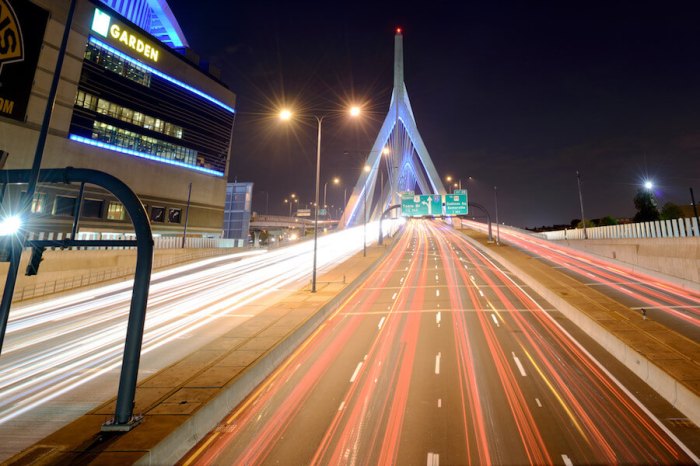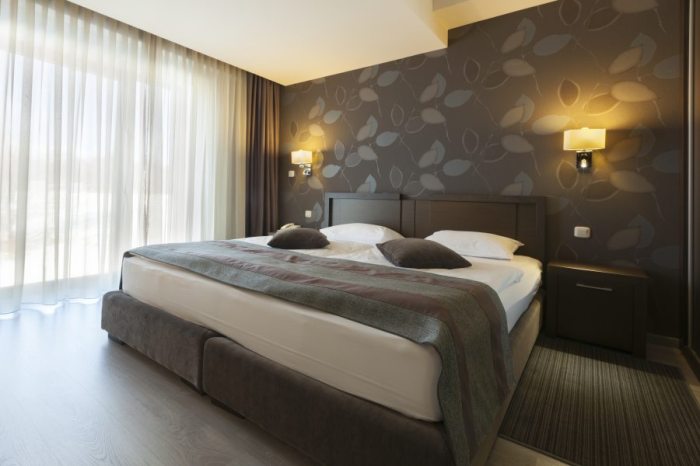Downtown Brooklyn has become a living laboratory, home to studies that will ultimately help the neighborhood — and the entire city — improve, officials say.
Downtown Brooklyn Partnership, a not-for-profit that manages three Business Improvement Districts in the area, has announced a new program that turns that part of the borough into a public testing ground for local startups.
Called “Living Lab,” the program gives startups free reign to conduct studies in Downtown Brooklyn that are focused on “smart city technologies.”
“A smart city is a city that can be more efficient, greener, more responsive to visitors and residents. It can be many different things, but we have to start somewhere,” said Regina Myer, president of the Downtown Brooklyn Partnership. “So many people are talking about using technology to make cities better, but what we believe is that Downtown Brooklyn can be a testing ground for those ideas.”
The nonprofit will use the findings from those studies to improve city life and bring Brooklyn and beyond into the future.
In its first phase, Living Lab has opened Downtown Brooklyn to three startups: Sounds of New York City, which is developing an acoustic sensor network to monitor urban noise pollution; Citiesense, which assembles digital maps from data like real estate information and street conditions and tracks changes over time; and Qucit, which uses artificial intelligence to sort through hundreds of data sets on public spaces and combines that information with on-the-ground surveys to hear directly from visitors and residents.
“For something like Qucit, we really wanted to give them a chance to hear from random people who are visiting Downtown Brooklyn and hear what their input would be into the city. Having a city where people really give us their opinions seems important,” Myer said.
“ Citiesense is using data to help us organize how we see our neighborhood,” she added. They can create custom tools to show details, like the health of all the street trees, which will help the nonprofit manage its area in the most efficient way.
“Sounds of New York City is one that really is, I think, going to be a big issue moving forward, and that is noise pollution,” Myer said. “[They’re] installing noise sensors that will let us take a really targeted approach at what noises are really the most offensive along Fulton Street. City life can really be impacted by loud noise.”
These studies have already been underway, and Myer said more startups will be involved with Living Lab in the future. Currently, the partnership is eagerly awaiting the study results.
“What we’re hoping for is to do two things: to really support entrepreneurs that are looking at smart city technology, giving them the ability to use Downtown Brooklyn as a testing ground,” Myer said. “And as important is hoping that these entrepreneurs have exciting results, because we’d love to apply them to improve Downtown Brooklyn.”























